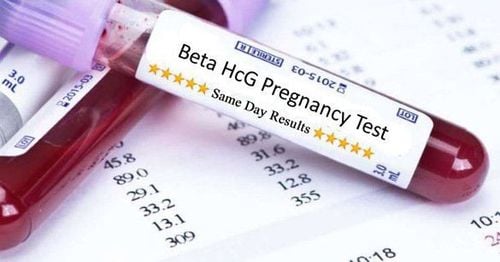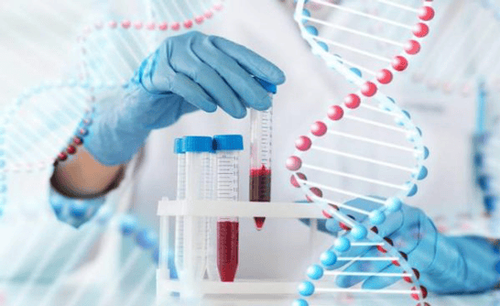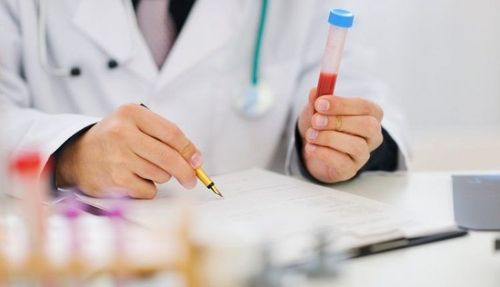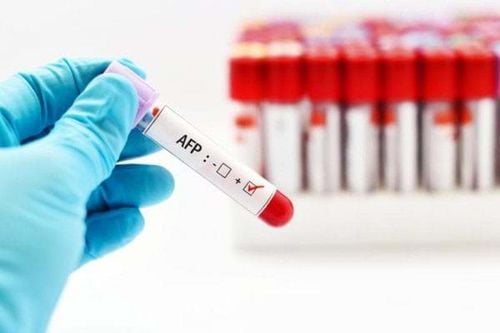This is an automatically translated article.
Clinical testing is an important process before a scientific invention is widely used. It gives researchers more time to adjust safe drug doses, identify and limit side effects, and study drug enhancement.
1. What is a clinical trial?
A clinical trial is an activity that tests the effectiveness of a new drug or treatment on a certain group of people. The purpose of trials is to improve the treatment, prevention or diagnosis of various diseases.
Clinical trials are started in the laboratory, then in animals. Animal safety is tested before being approved for human testing.
Clinical trials help doctors answer the following questions:
Are new treatments safe and effective? How effective is the new treatment? Is the treatment likely to work better than existing treatments? What are the side effects and risks?
2. Phases of a clinical trial

Giai đoạn đầu thử nghiệm được tiến hành trên một nhóm người nhỏ để kiểm tra độ an toàn
Phase I : Clinical trial conducted on a small group of people to check safety. From observing the trial participants, the researchers will continue to find solutions for safe dosage, ways to limit side effects to increase the effectiveness of the treatment method. Phase II: The research team tries to find an effective treatment for a specific disease. Phase III: The team compares the new treatment with the standard treatment and tries to test the effects of different doses and combinations of treatments on different populations ( e.g. men, women, young, old and different ethnic groups). Phase IV: Treatment is tried on patients who agree to participate. The aim is to find side effects not found in previous episodes and to observe the long-term effects of treatment. The FDA allows drug manufacturers to market treatments during this period.
3. What are the benefits of participating in a clinical trial?
When you participate in a clinical trial, you will receive the following benefits:
Get a new treatment before it becomes widely available in the community. Providing information to researchers helps them devise better treatments. Treatment costs may be reduced because the agency that funds the study typically pays for the tests and visits associated with the trial. You should be clear about costs before you start, are there any additional costs?
4. Are clinical trials dangerous?

Các nhà khoa học không thể biết được chính xác thử nghiệm trên cơ thể bạn có tác dụng phụ tiềm ẩn không
Almost all treatments have some risks depending on the type of treatment and your general health. Scientists don't know exactly how the treatment you're testing will work in your body. Therefore, potential side effects may occur with a higher frequency than the approved drug.
5. How is a clinical trial different from conventional treatment?
A clinical trial will be different from conventional treatment in the following ways:
You will be examined and monitored more often than usual. You may have to stop or change your current medications and diet. Always discuss with the research team if you want any changes. You may be given a placebo instead of the medication. It is used to evaluate the effectiveness of the drug treatment. The research team will ask you to sign a consent form to participate in the trial.
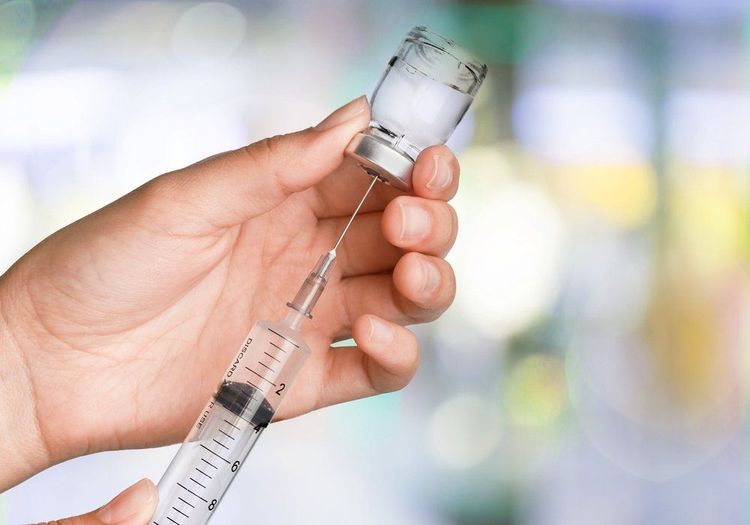
Người thử nghiệm có thể quyết định không thử nghiệm vào bất kỳ lúc nào
6. What happens after agreeing to participate in the study?
The doctors and nurses performing the trial will explain to you the treatment, including possible benefits and risks, and then ask you to sign a consent form to participate. test. Remember that the signature does not tie you to the research. You can decide not to experiment at any time and for any reason.
After you sign your consent to participate in the study, you will be provided with new information about the treatment that may affect your willingness to continue participating in the trial.
7. Who can participate in a clinical trial?
Requirements for participants vary depending on the type of test and test phase. If you fit the requirements of the test, you can participate. Tests can be used to confirm your fit for the study. Your personal information is kept completely confidential and during research.
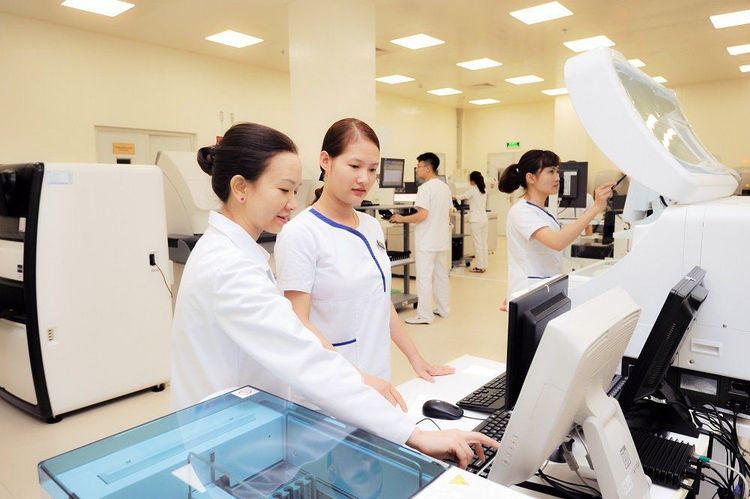
Thử nghiệm lâm sàng bao gồm những loại xét nghiệm và phương pháp điều trị nào và các xét nghiệm được tiến hành như thế nào?
8. Important questions to ask before entering a clinical trial
If you are thinking about joining a clinical trial, learn as much as you can about the study before deciding to participate. Here are some important questions to ask:
What is the purpose of a clinical trial? What types of tests and treatments are included in clinical trials, and how are the tests conducted? Upon receiving my health information, what do you think may or may not happen during the trial? (Is there any standard treatment? How does it compare to new research?) How might a clinical trial affect my daily life? What side effects from clinical trials are possible? (Note: Side effects from standard treatments and from your own disease can also occur) How long will the clinical trial last? In my case, will it take more time to follow up? Will I have to be hospitalized? If so, how often and for how long? If I withdraw from a clinical trial, will my care be affected? Do I need to change doctors? To reduce the risk, it is common for new drugs to be tested on mice first, followed by human toxicity tests. Next, the product is usually tested in healthy volunteers, starting with a single dose and gradually increasing in quantity. If there are no problems, volunteers will take multiple doses, increasing the dose before applying the product to the patient.
Please dial HOTLINE for more information or register for an appointment HERE. Download MyVinmec app to make appointments faster and to manage your bookings easily.
Reference source: webmd.com



